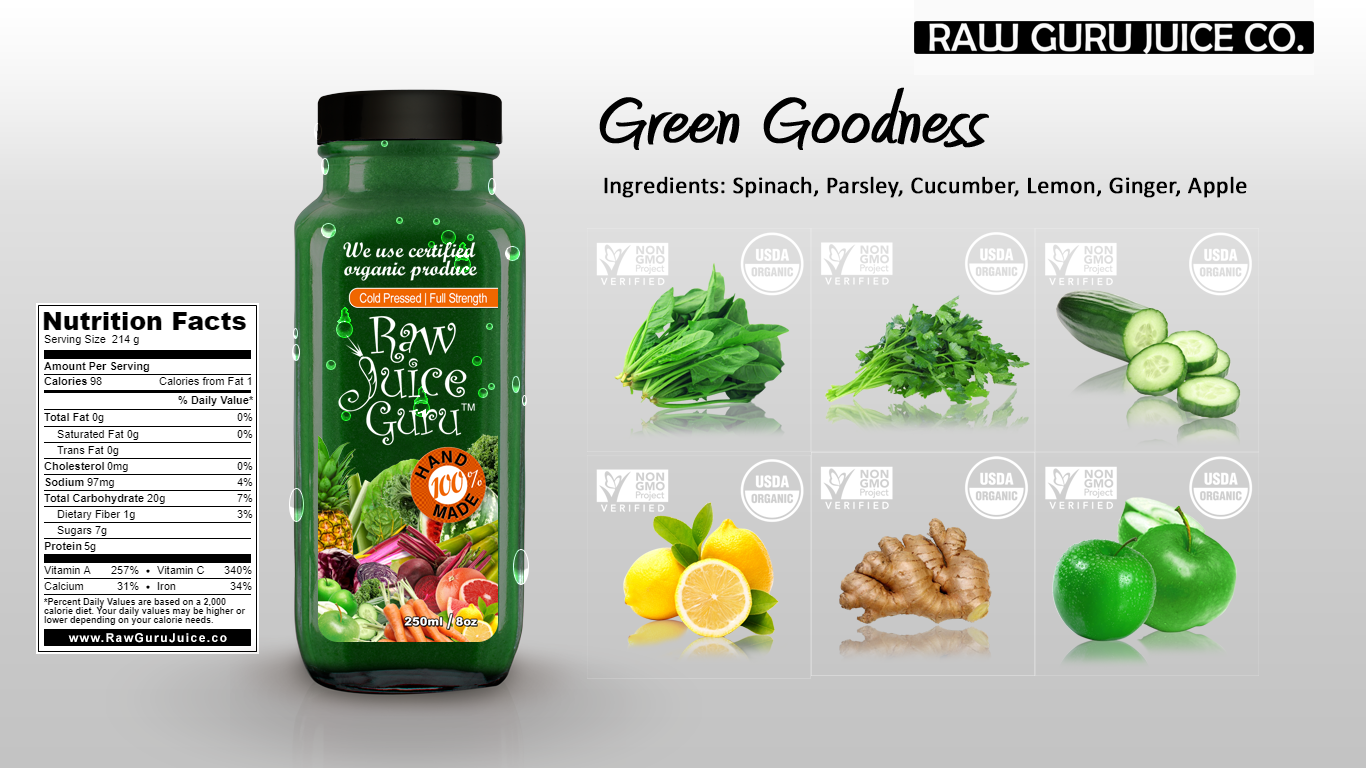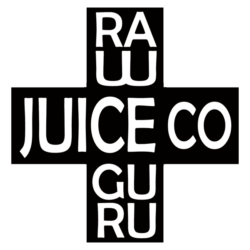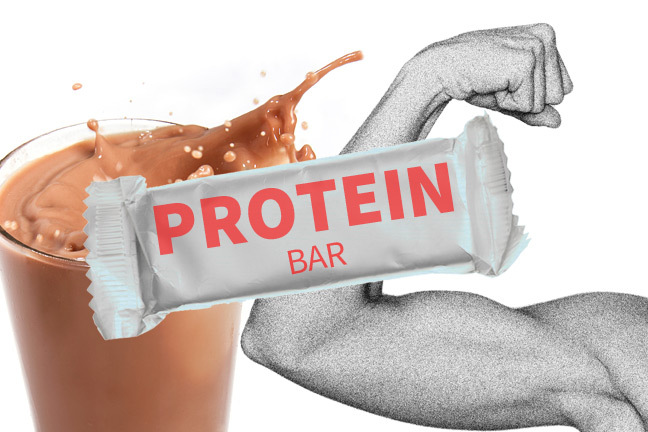Following a long list of flashy buzzword predecessors: low-fat, antioxidant-rich, whole grain, sugar-free, and now it’s all about that protein (yes plain ‘ol protein!) has been thrust into the media as the uncontested, current “it” word in the wild world of food marketing.
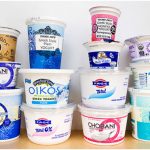 Greek yogurt has more protein than regular yogurt and it’s successfully marketed toward women, men, and even children (though the fact that it’s Greek yogurt–not just yogurt with “2X the protein”–isn’t obvious at first glance). dairy product—as a source of protein is a bad idea. Talk about draining your Energy in an attempt to build a better, more toned body. Doing so will have adverse affects for your digestion (like cause inflammation of your body) and imbalance your whole body, which is an interconnected system. In the end you won’t get the lasting, excellent results of what you were going for.
Greek yogurt has more protein than regular yogurt and it’s successfully marketed toward women, men, and even children (though the fact that it’s Greek yogurt–not just yogurt with “2X the protein”–isn’t obvious at first glance). dairy product—as a source of protein is a bad idea. Talk about draining your Energy in an attempt to build a better, more toned body. Doing so will have adverse affects for your digestion (like cause inflammation of your body) and imbalance your whole body, which is an interconnected system. In the end you won’t get the lasting, excellent results of what you were going for.
More Isn’t Better
There is currently a super scary “more is better” mentality associated with the macronutrient or protein. Processed, protein-laden snacks, meal replacements, and sometimes even meals themselves, like certain breakfast cereals, are viewed as healthy choices. In reality, they’re far from it. Besides, girls and women ages 14-70+ only need about 46 grams of protein per day and men need 52 to 56 grams, according to the Institute of Medicine. By embracing the protein trend and picking up bars, cereals, shakes, and other products that contain extra protein, there’s a good chance you’ll get too much protein in your diet.
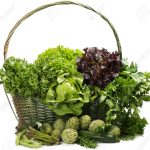 If you’re following a lifestyle that has a variety of fruits, vegetables, seeds, nuts, and whole grains, you don’t really need the extra grams of protein to have a lean body or to feel full, and you definitely don’t need the types they’re usually offering. According to the Academy of Nutrition and Dietetics, “eating a good variety of plant-based protein throughout the day will provide all of the essential amino acids your body needs.” The added protein in these could actually have negative effects on your health- including leave acidic residue that ages and weighs down your body and digestion.
If you’re following a lifestyle that has a variety of fruits, vegetables, seeds, nuts, and whole grains, you don’t really need the extra grams of protein to have a lean body or to feel full, and you definitely don’t need the types they’re usually offering. According to the Academy of Nutrition and Dietetics, “eating a good variety of plant-based protein throughout the day will provide all of the essential amino acids your body needs.” The added protein in these could actually have negative effects on your health- including leave acidic residue that ages and weighs down your body and digestion.
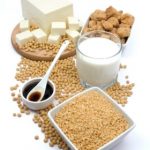 Soy protein is plant-based, yes, but it’s still far from good. Soy is one of the top allergenic foods in the country and tends to be heavily sprayed with pesticides. Not only that, but most soy in the United States is genetically modified, which devastates any level of nutrients the soy may have had in the first place. Soy contains trypsin inhibitors which make it harder for you to digest protein and reduce amino acid uptake. The phytic acid found in soy prevents your body from absorbing minerals, and the phytoestrogens can cause hormonal problems. Soy protein isolate products are highly processed, and I consider them a disaster. Sorry to be harsh, but I simply am with this stuff. I care too much. By consuming packaged products that contain it, you’re wreaking havoc on your body.
Soy protein is plant-based, yes, but it’s still far from good. Soy is one of the top allergenic foods in the country and tends to be heavily sprayed with pesticides. Not only that, but most soy in the United States is genetically modified, which devastates any level of nutrients the soy may have had in the first place. Soy contains trypsin inhibitors which make it harder for you to digest protein and reduce amino acid uptake. The phytic acid found in soy prevents your body from absorbing minerals, and the phytoestrogens can cause hormonal problems. Soy protein isolate products are highly processed, and I consider them a disaster. Sorry to be harsh, but I simply am with this stuff. I care too much. By consuming packaged products that contain it, you’re wreaking havoc on your body.
The Dangers of Consuming Too Much Protein
When you stock up on those pre-packaged products with extra protein added, you can quickly surpass your daily protein needs by quite a bit. That puts you at risk for reduced kidney function if you have pre-existing kidney problems. According to Medline Plus, too much protein can also contribute to severe liver problems, like hepatic encephalopathy, which reduces the liver’s ability to transform the ammonia released as a byproduct of protein digestion into a harmless substance. When the kidneys and liver can’t function smoothly, that contributes to even more toxicity in the body, and ultimately more sickness.
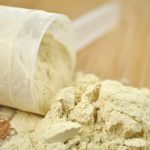 Too much protein, especially when that amount includes animal and dairy protein, is also extremely acidic and has an aging effect on the body. This is what I see people time and time again not really understanding…you don’t have to overeat any one macronutrient to look good! In fact, it has quite a detrimental effect. I see lots of people that look older than their chronological age, and I know it doesn’t have to be that way. Balance is the key. And it can be reversed, in many cases, when you change your diet. I’ve seen people’s skin and bodies become soft and healthy.
Too much protein, especially when that amount includes animal and dairy protein, is also extremely acidic and has an aging effect on the body. This is what I see people time and time again not really understanding…you don’t have to overeat any one macronutrient to look good! In fact, it has quite a detrimental effect. I see lots of people that look older than their chronological age, and I know it doesn’t have to be that way. Balance is the key. And it can be reversed, in many cases, when you change your diet. I’ve seen people’s skin and bodies become soft and healthy.
Metabolizing animal products creates acidity, and in an effort to neutralize itself, the body begins taking calcium compounds from the bones. There’s nothing sexy or strong about osteoporosis. Other possible complications with a high-protein diet include: constipation, bad breath, headaches, heart arrhythmias and more.
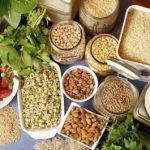 When you eat a balanced, whole-food diet, there’s no need to succumb to the marketing hype regarding high-protein foods, especially not when the protein comes from processed, highly refined soy or dairy and is delivered via processed foods. Stop eating that crap.
When you eat a balanced, whole-food diet, there’s no need to succumb to the marketing hype regarding high-protein foods, especially not when the protein comes from processed, highly refined soy or dairy and is delivered via processed foods. Stop eating that crap.
There are just Some Foods that contain substantial amounts of protein include:
-Raw nuts and seeds, including almonds, Brazil nuts, chia seeds, walnuts, sunflower seeds & sesame seeds
-Chlorella and spirulina (good for athletes!)
-Legumes and beans
-Broccoli (11.2 grams per 100 calories)
Romaine lettuce (11.6 grams per 100 calories)
-Kale, spinach and all greens
-All Sprouts (example sunflower Sprouts, pea Sprouts, wheatgrass, lentil Sprouts, alfalfa sprouts)
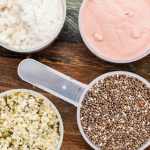 -Hemp seeds: averaging 11 grams of protein per three tablespoons, you’ll get an omega-6 called gamma-linoleic acid (GLA), which promotes a healthy metabolism, burns fat, and helps you get that toned, beautiful body most people are after when they consume products that advertise extra protein. Hemp seeds also balance the hormones, promote healthy skin, hair and nails, and act as an anti-inflammatory.
-Hemp seeds: averaging 11 grams of protein per three tablespoons, you’ll get an omega-6 called gamma-linoleic acid (GLA), which promotes a healthy metabolism, burns fat, and helps you get that toned, beautiful body most people are after when they consume products that advertise extra protein. Hemp seeds also balance the hormones, promote healthy skin, hair and nails, and act as an anti-inflammatory.
 Don’t fall for the hype. Leave those chalky and acid-forming products on the shelf and enjoy a delicious diet of real food, filled with just the right amount of protein that nature intended.
Don’t fall for the hype. Leave those chalky and acid-forming products on the shelf and enjoy a delicious diet of real food, filled with just the right amount of protein that nature intended.
